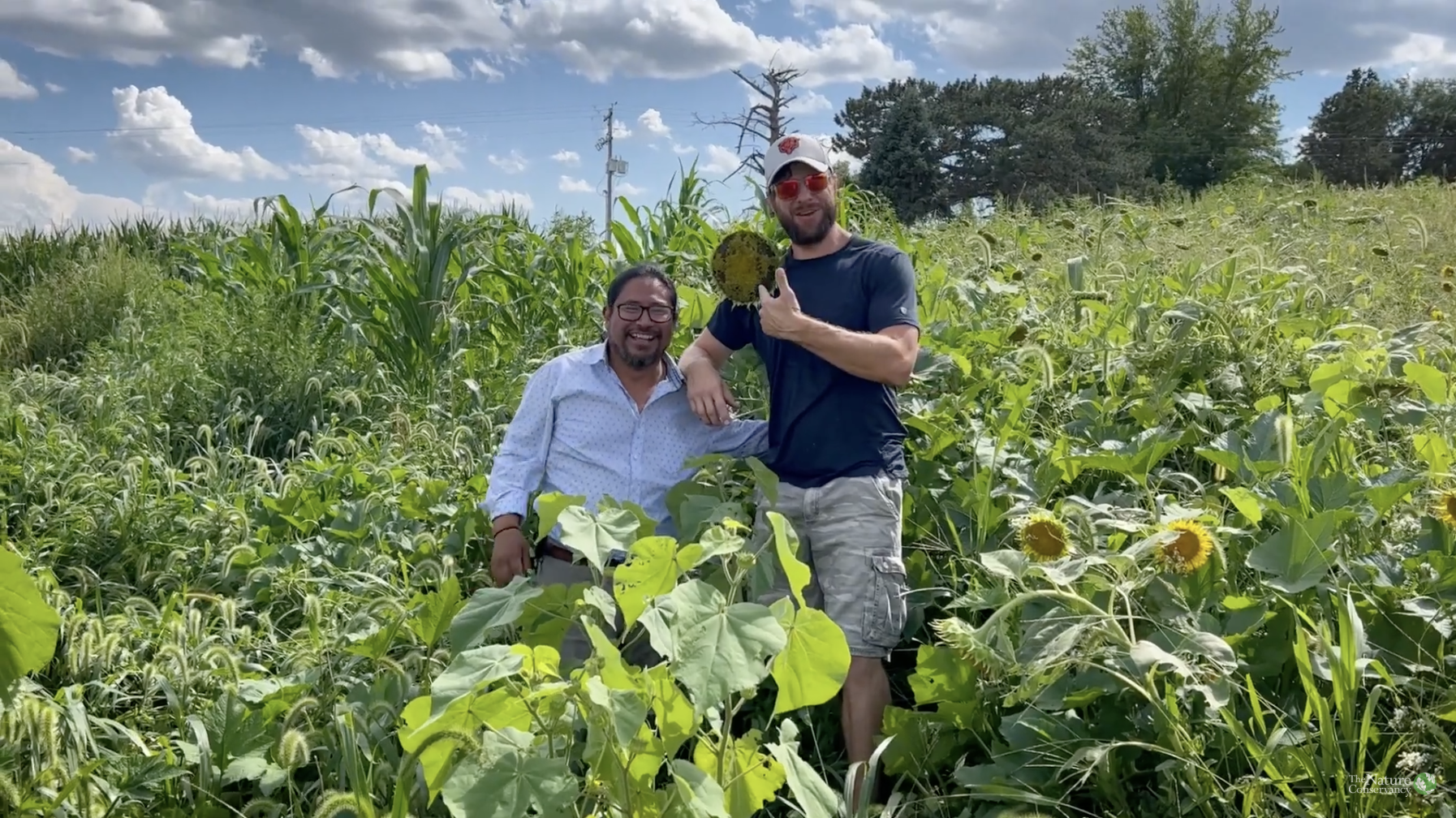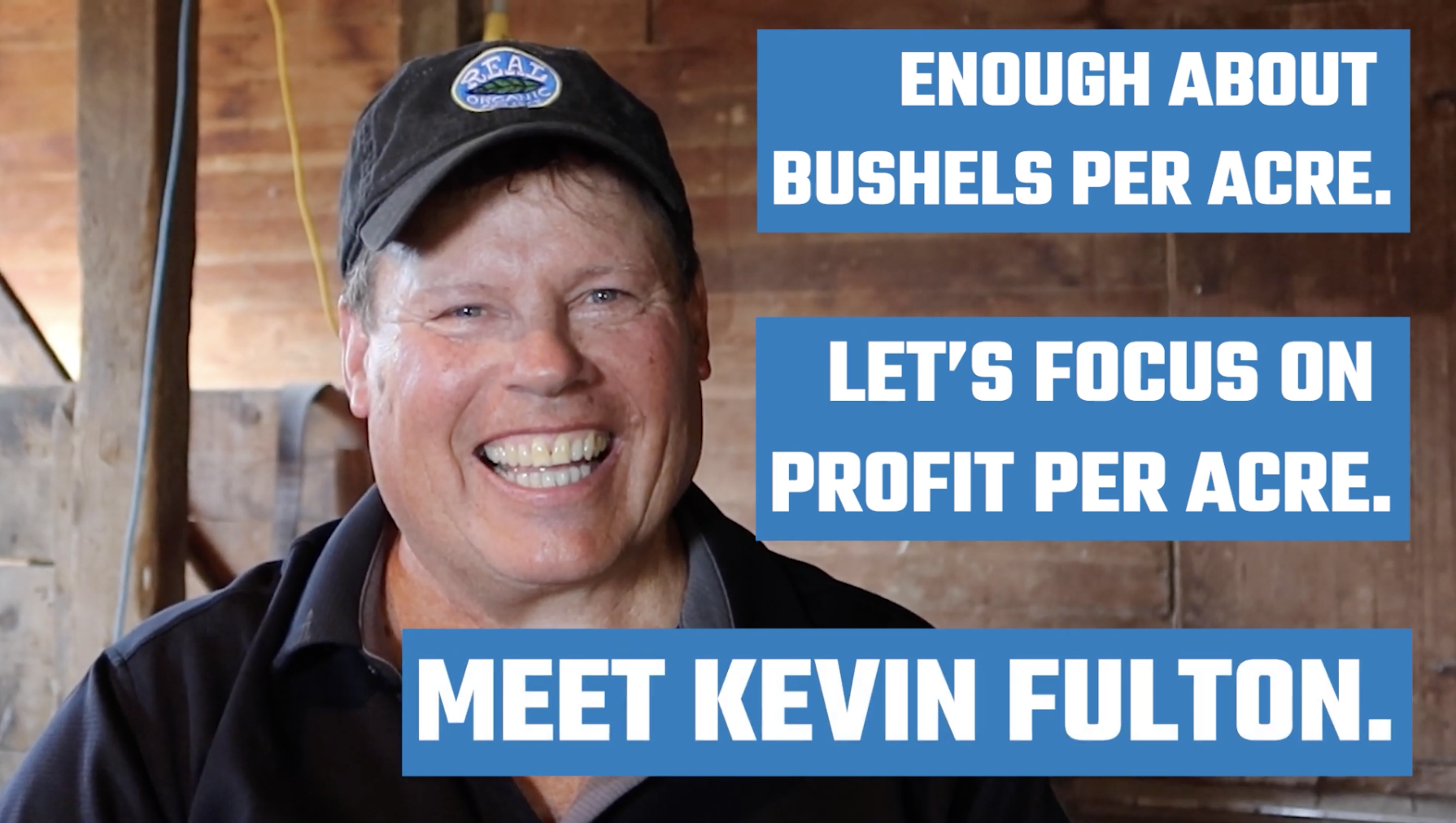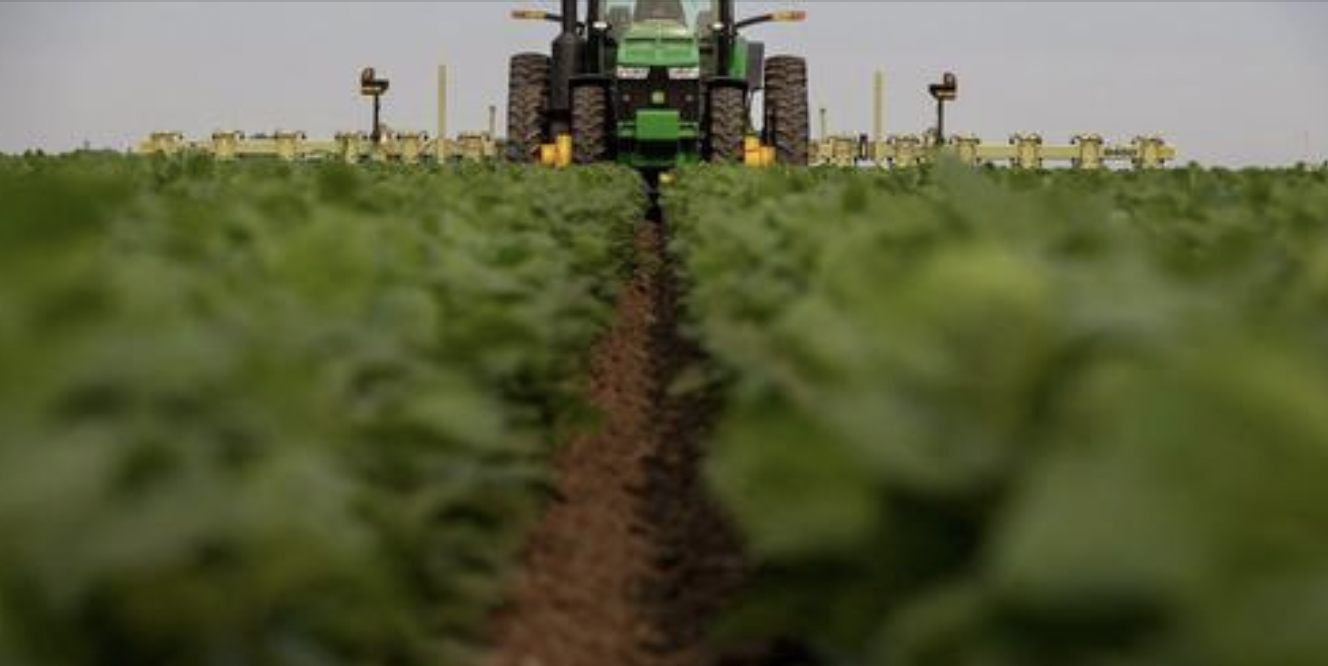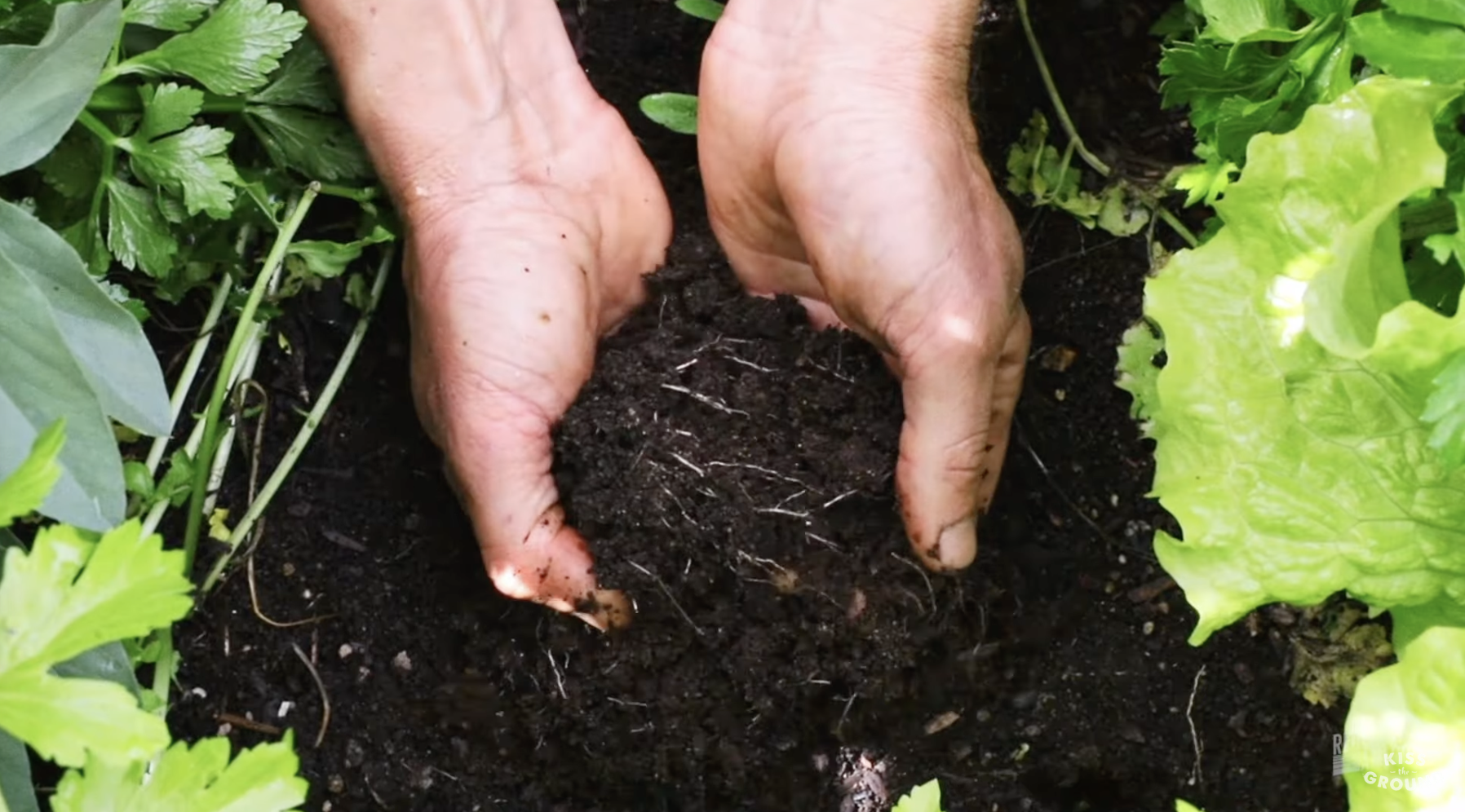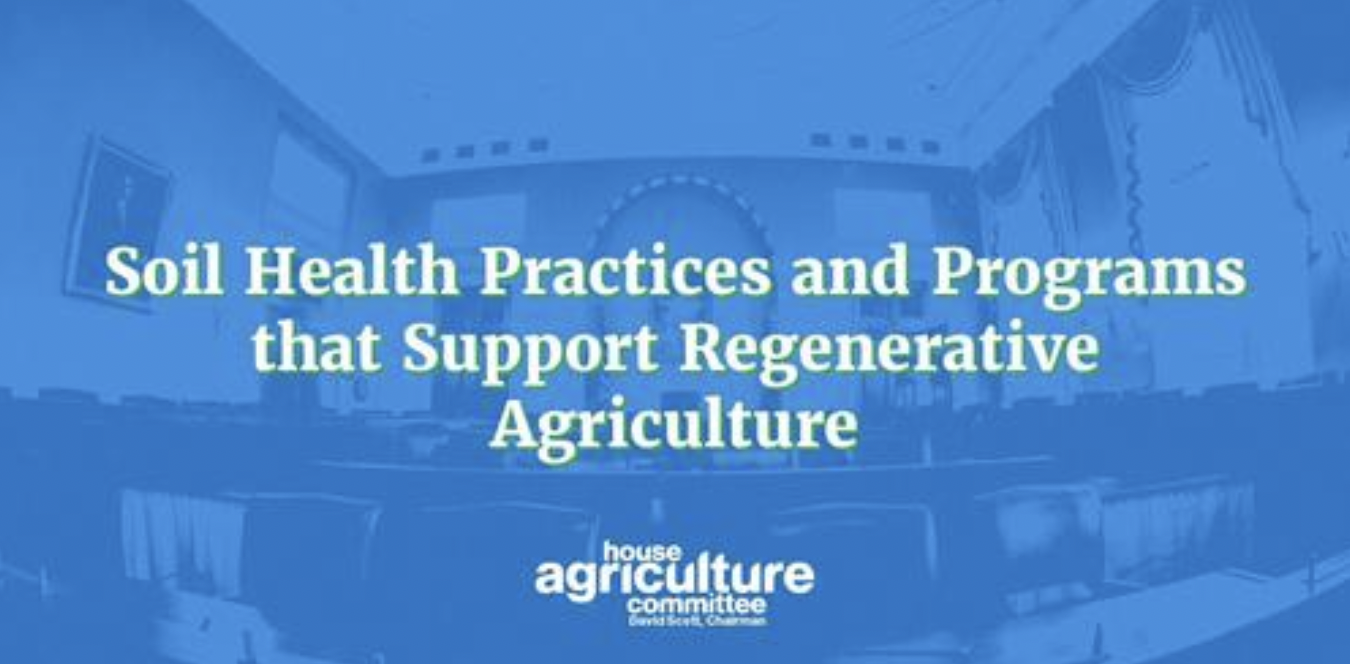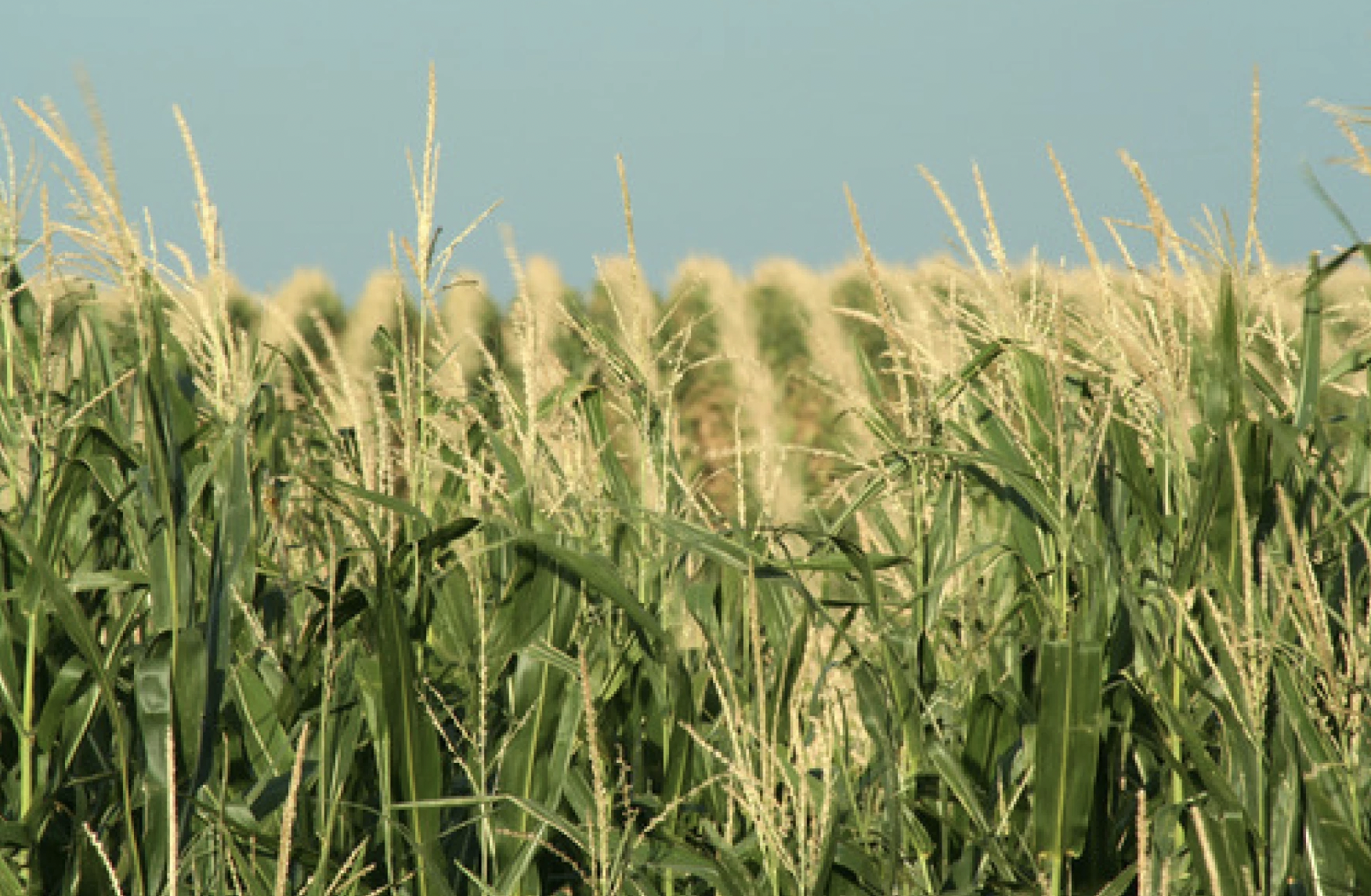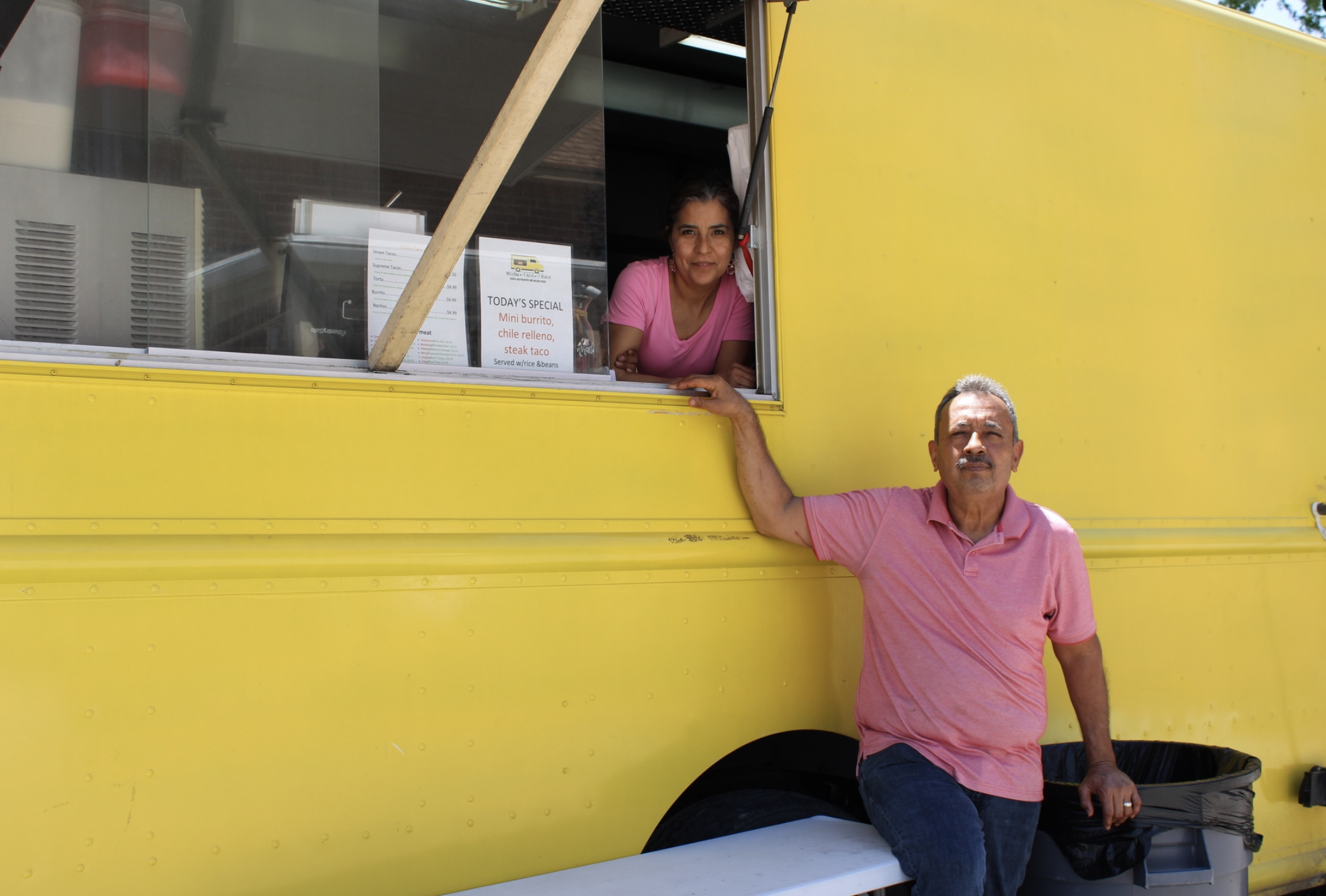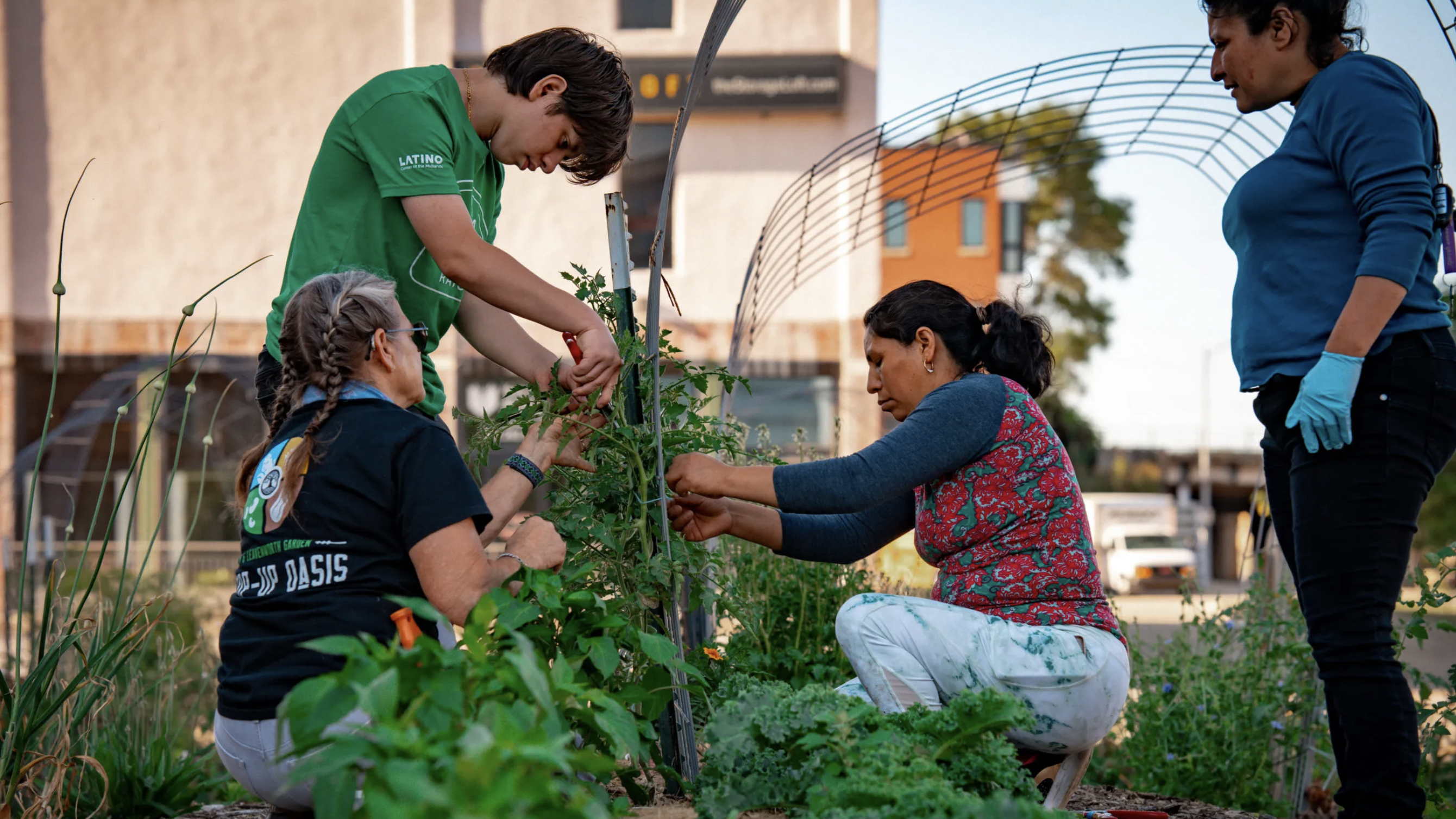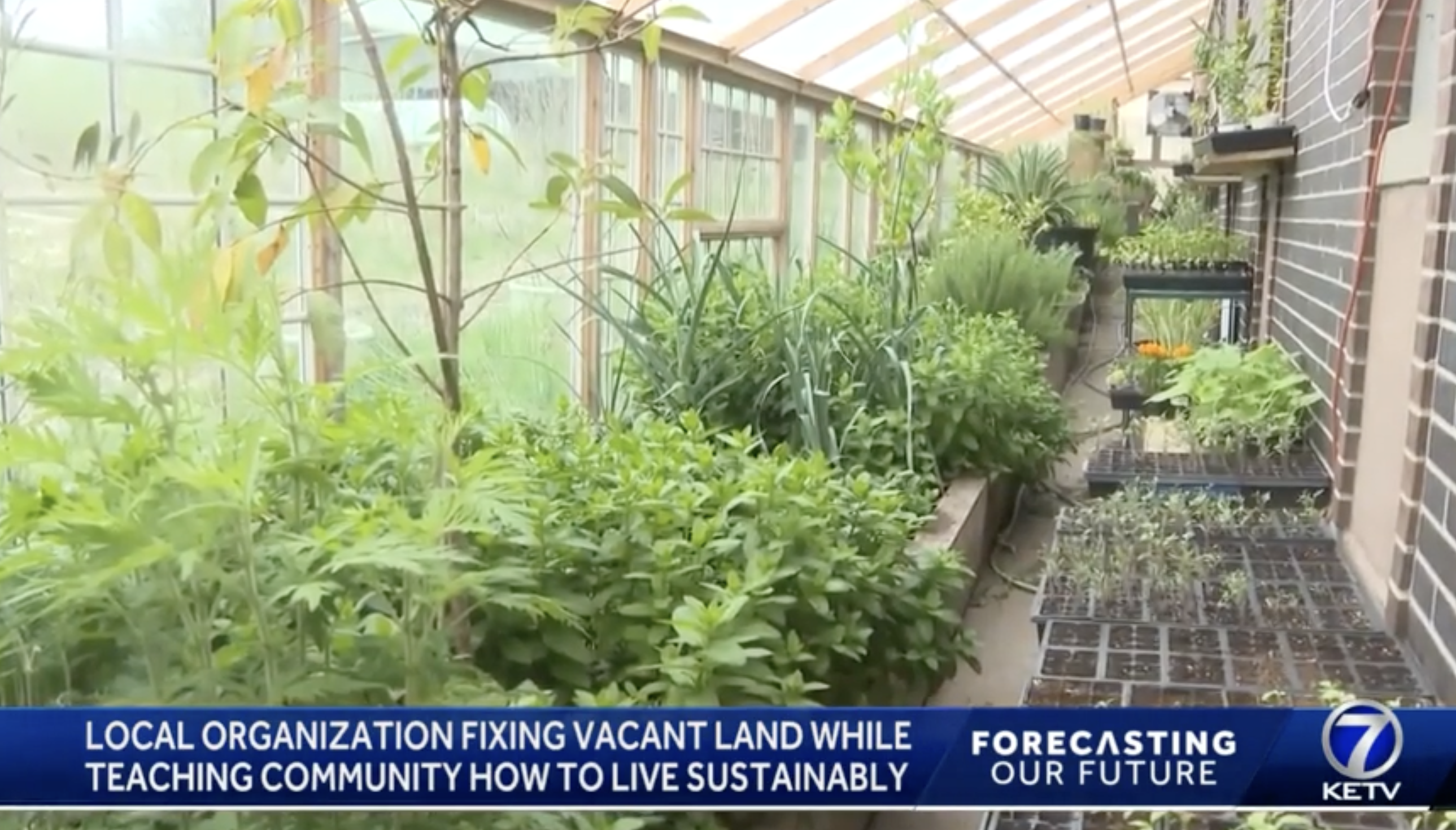Growing up on a hill overlooking North Omaha during World War II, Mary Carpenter remembers the numerous vegetable plots, called Victory Gardens, that dotted her Florence neighborhood.
“Everybody had one,” said Carpenter, the reporter’s mother-in-law. “We grew everything – asparagus, potatoes, tomatoes, black raspberries, pears, even grapes. That’s what fed us and supplemented our food.”
Over the ensuing decades, many of those gardens disappeared as grocery stores started carrying seasonal produce year round. Yet 80 years later, everything old is new again.
Drive anywhere in the Omaha metro – West, North, South O, Midtown – and you’ll see a community garden or an urban farm.
Read more at the Flatwater Free Press

